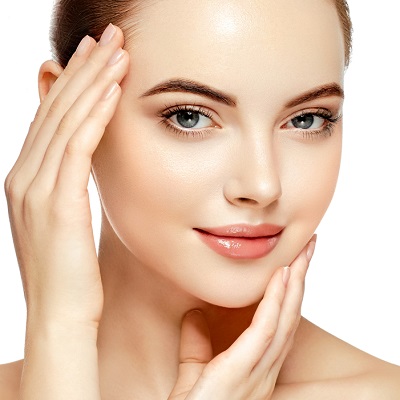Does Skin Whitening Treatment Remove Age Spots?
Age spots, also known as liver spots or solar lentigines, are a common skin concern, especially as people grow older. These flat, brown, or grayish patches often appear on sun-exposed areas like the face, hands, and arms. Many individuals seek solutions to reduce their appearance, and one popular option is Skin whitening treatment in Dubai. But does it effectively remove age spots? Let’s explore how these treatments work and whether they can address this specific skin issue.
What is Age Spots?
Age spots develop due to prolonged exposure to ultraviolet (UV) radiation from the sun. Over time, UV rays accelerate melanin production, causing it to clump in certain areas and form hyperpigmented patches. While they are harmless, many people wish to lighten or remove them for cosmetic reasons.
How Skin Whitening Treatments Work
Skin whitening treatments aim to reduce pigmentation by targeting melanin production. They often involve topical agents, chemical peels, laser therapy, or other dermatological procedures. These methods work by inhibiting tyrosinase, the enzyme responsible for melanin synthesis, or by exfoliating pigmented skin cells to reveal a more even complexion.

Can Skin Whitening Treatments Remove Age Spots?
The effectiveness of skin whitening treatments on age spots depends on the method used and the depth of pigmentation. Here’s a breakdown of common approaches:
Topical Lightening Agents
Ingredients like hydroquinone, kojic acid, arbutin, and vitamin C are commonly used in topical treatments. These agents gradually lighten pigmentation by slowing melanin production. While they can improve mild age spots, deeper or long-standing pigmentation may require stronger interventions.
Chemical Peels
Chemical peels use acids (such as glycolic, salicylic, or trichloroacetic acid) to exfoliate the skin’s outer layers. This process helps fade superficial age spots by removing pigmented cells and promoting skin regeneration. Medium to deep peels may be more effective for stubborn spots but require professional supervision.
Laser Therapy
Laser treatments, such as Q-switched lasers or fractional lasers, target melanin deposits with high-intensity light. The energy breaks down pigment, allowing the body to naturally eliminate it. Laser therapy is highly effective for age spots, often showing significant improvement after just a few sessions.
Intense Pulsed Light (IPL)
IPL uses broad-spectrum light to target pigmentation without damaging surrounding skin. It works well for lighter skin tones and can reduce the appearance of age spots over multiple treatments.
Factors Affecting Treatment Success
Not all age spots respond equally to skin whitening treatments. Several factors influence results:
Skin Type and Tone
Darker skin tones have more active melanocytes, making them prone to post-inflammatory hyperpigmentation if treatments are too aggressive. Gentle, controlled approaches are essential to avoid worsening pigmentation.
Depth of Pigmentation
Superficial age spots fade more easily with topical treatments or light peels, while deeper pigmentation may require lasers or repeated sessions.
Sun Exposure
Continued UV exposure can undo treatment results. Daily sunscreen use is crucial to prevent new age spots and protect treated skin.
Potential Risks and Considerations
While skin whitening treatments can be effective, they carry some risks:
Irritation or Redness – Some ingredients (like hydroquinone or strong acids) may cause sensitivity.
Uneven Results – Overuse of lightening agents can lead to patchy skin tone.
Rebound Pigmentation – Stopping certain treatments abruptly may cause pigmentation to return darker.
A dermatologist can recommend the safest and most effective approach based on individual skin needs.
Alternative Approaches to Managing Age Spots
For those hesitant about clinical treatments, other options include:
Retinoids
Prescription retinoids (like tretinoin) promote cell turnover, helping fade age spots over time.
Microdermabrasion
This non-invasive procedure exfoliates the skin, improving texture and reducing mild pigmentation.
Cryotherapy
Liquid nitrogen freezes age spots, causing them to peel off. It’s effective for isolated spots but may cause temporary redness.
Conclusion
Skin whitening treatments can significantly reduce or even remove age spots, depending on the method used and the individual’s skin type. Topical agents work for mild cases, while lasers and chemical peels offer more dramatic results for stubborn pigmentation. Consulting a skincare professional ensures a tailored approach that minimizes risks and maximizes effectiveness. With proper aftercare and sun protection, achieving a more even skin tone is entirely possible.